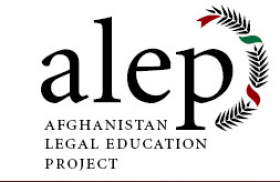O Afeganistão está estrategicamente localizado no centro, sul e oeste da Ásia, fazendo fronteira com o Irã, Paquistão, Tadjiquistão, Turcomenistão, Uzbequistão e China. É um país de extremos geográficos, das montanhas do centro ao nordeste, ao deserto árido no sul e sudoeste do país. Como resultado, as temperaturas variam de -20oC a mais de +40oC. A área do país é de 652.860 km2 (aproximadamente o mesmo tamanho da França).



















